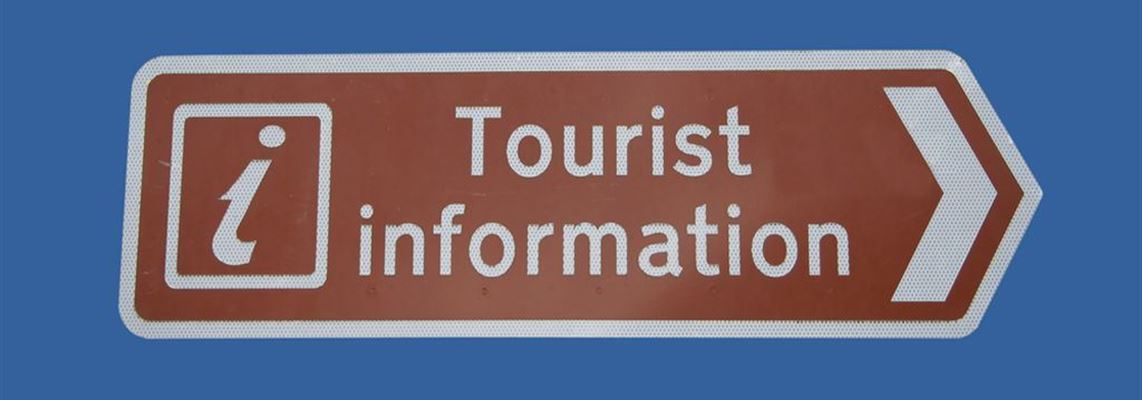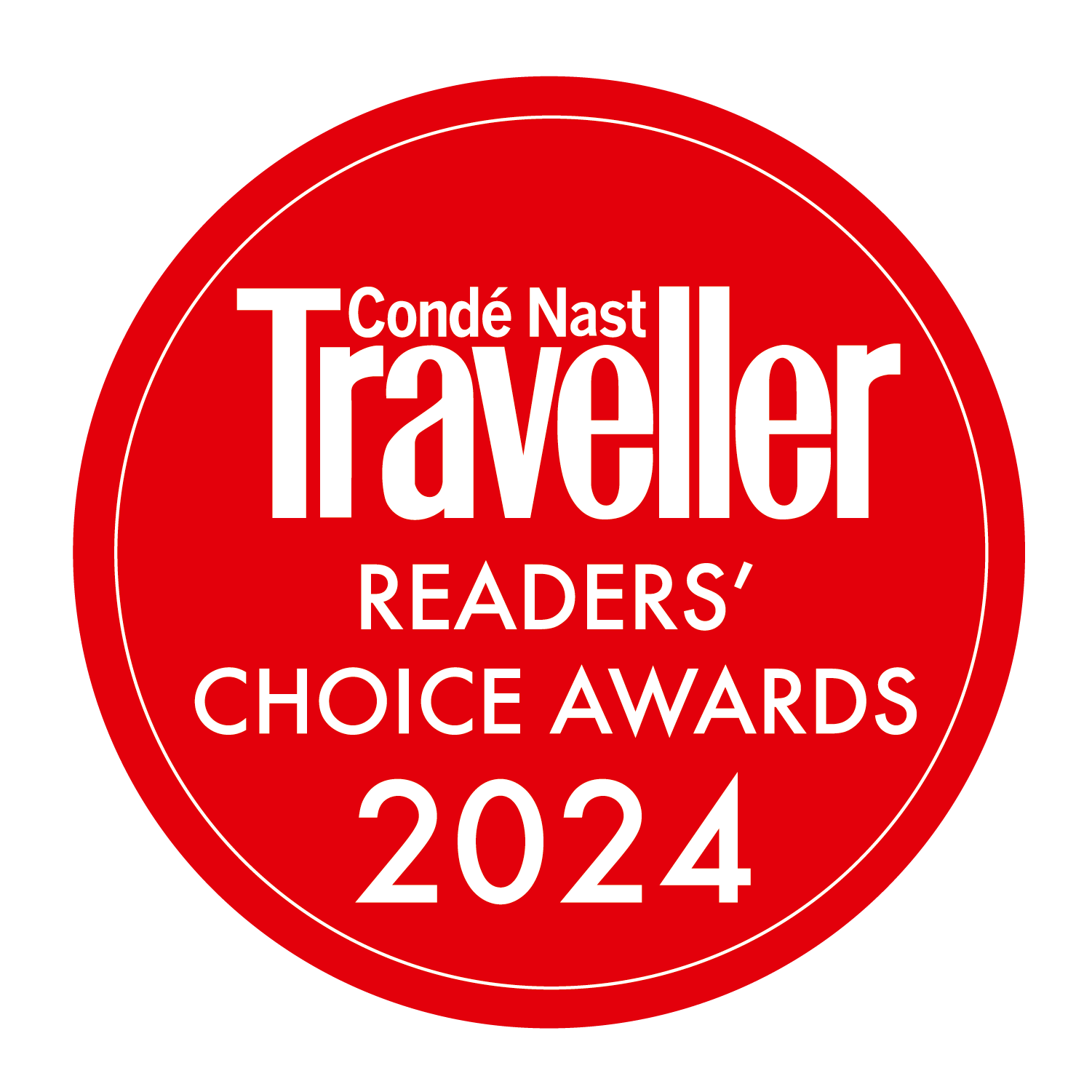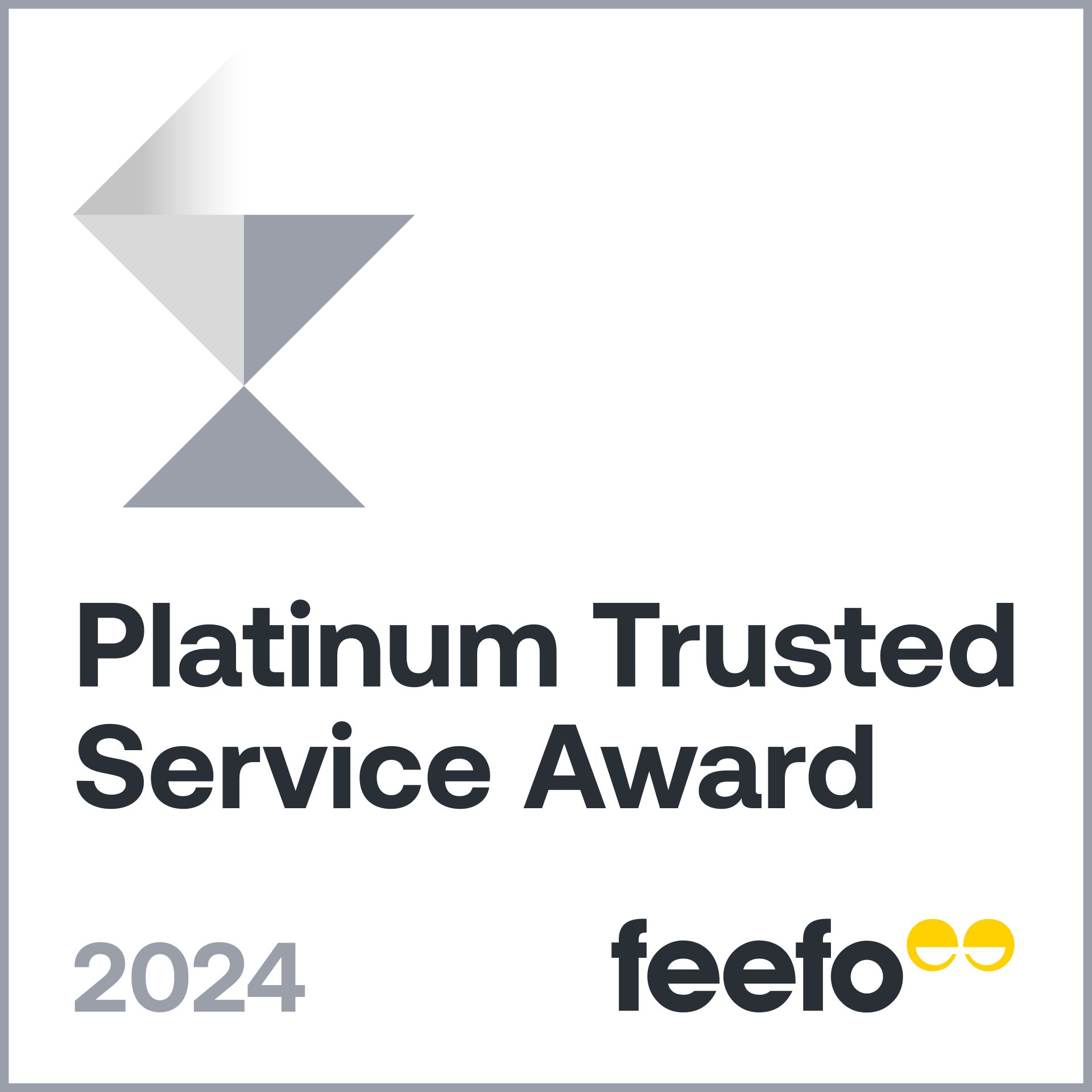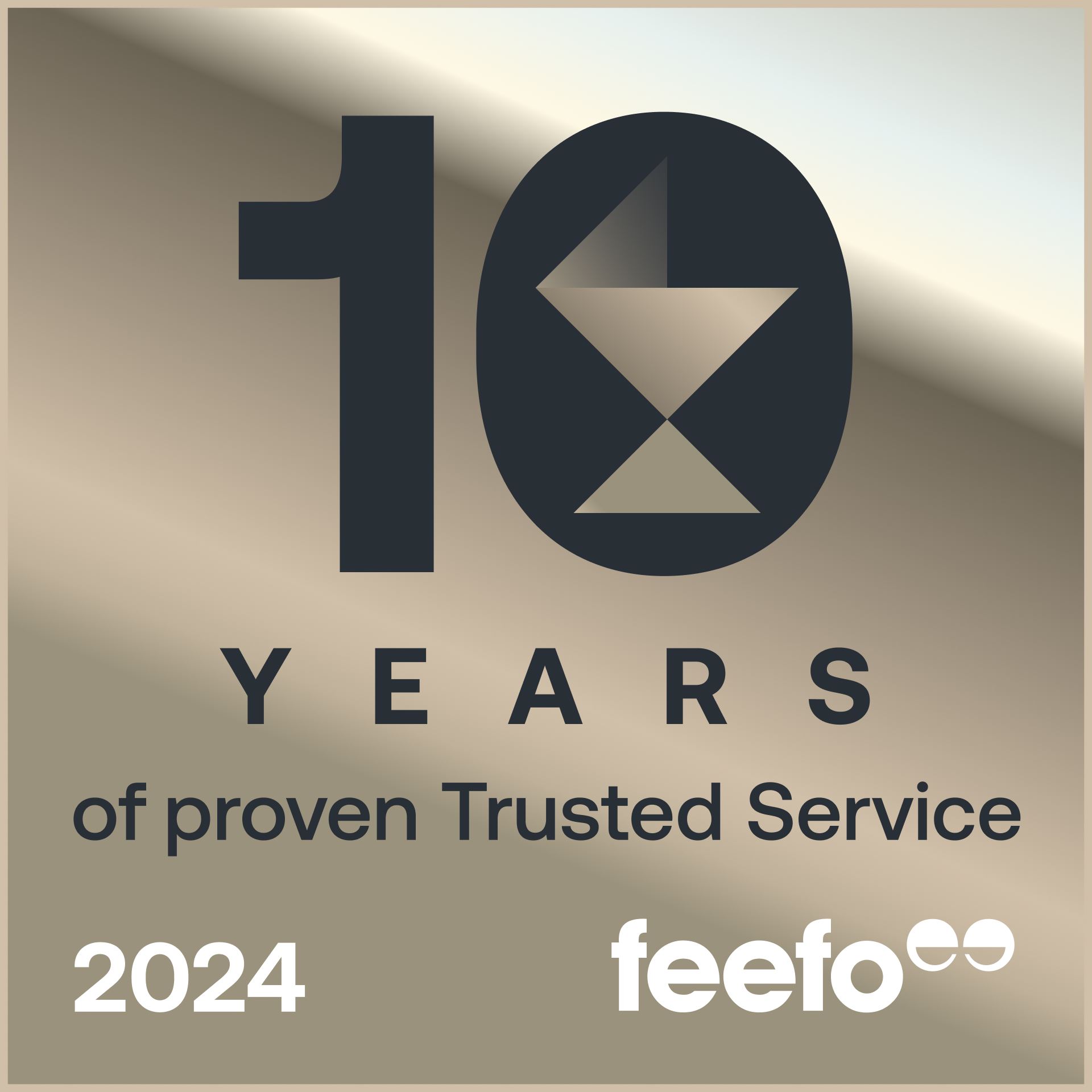General Information
TELEPHONE
To dial overseas once in Italy first dial 00 then the country code, then omit the first 0 from the area code and dial the rest of the number. Public phones mostly take cards, which can be bought from bars, tobacconists and newsagents. Very few public phones take coins. Cheaper rates are between 22.00 – 08.00 hrs daily. Saturday afternoon and all day Sundays and Bank holidays.
International phone cards are available from most Tabacchi shops and some newsagents.
Calling from a public phone - Lift the receiver and check for the dialling tone (intermittent 2 short pips). Tear off the perforated corner before using the card. Insert coins or phone card on the right hand side of the telephone. The amount of money inserted should now be displayed on the top left hand side of the telephone. Dial the number.
SECURITY
Please be aware at all times of pick pockets, especially in larger towns and crowded areas such as markets, stations, etc. Be very wary of persons approaching you asking for money, do not stop, walk firmly and quickly past these people. Leave all valuables ad documents in hotel safe deposit boxes. Only take what you need. Never leave any valuables in cars, even if out of sight.
LOSSES AND THEFTS
Should you have anything stolen or lost, it is necessary to complete a police report for insurance purposes. This is called a “denuncia” and can be obtained from the local Carabinieri police station. This must be done within 24 hours.
BANKS
Currency and traveller’s cheques can be exchanged at banks and hotels.
Banks are generally open from 8:20 to 13:20 and one hour in the afternoon (from 15:00 to 16:00 normally but it can vary depending one the bank) but not for currency exchange. Please take your passport with you for all transactions. Always check you have been given the correct amount, and your passport has been returned. Most banks offer cash on a credit card service and have got Cashpoint facilities.
Please note that credit cards are not widely used in Italy especially for small sums and some hotels do not accept credit cards for payment of extras
TRAVELLERS CHEQUES - Emergency cancellation numbers
(Freephone numbers in Italy)
American Express……………800 864046 (then press 0)
Citicorp………………………....800 057083
Thomas Cook………………...800 872050
Visa…………………………......800 018548
POSTAGE
Post offices are open from 8:30 to 13:00 only, except in larger towns where some stay open until 17:00. Stamps (“francobolli”) cost the same for letters and postcards within the EU. Stamps can also be bought from tobacconists (“Tabacchi”) and bars (look for a big black T on the sign outside the shop), usually they can be bought together with postcards.
The sign for a Post Office in Italy is a yellow circle with the letters PT printed in black.
ZEBRA CROSSING
When crossing the road always look both ways and try to always cross on a zebra crossing for your own safety.
Unfortunately just standing on the zebra crossing will not automatically mean that you have the right of way and so cars will not stop to let you pass as in many countries. However with a little patience and caution eventually someone will let you pass.
If however there is no zebra crossing where you would like to cross, cross the road very cautiously and NEVER cross by the traffic lights if they are RED – even if there are no cars actually passing. This is for your own safety.
HEALTH FACILITIES
Should a doctor be required during you stay please contact the villa owner for assistance. An emergency service is available during weekends and at night by calling 118. Chemists (“Farmacia” –look for a big green illuminated cross) are normally open from Monday to Saturday, they have the same times as the shop opening hours. On Sundays in larger towns they open on a rota basis, in smaller towns there is usually a note on the door with a telephone number for emergencies. Unlike in some countries chemists do not sell perfumes, develop films or provide assistance for wearers of glasses or contact lenses.
Most medicines are not available over the counter – depending on the medicine, a doctor’s prescription may be required.
HOSPITALS
If you are unfortunate enough to have to spend time in the hospital, please remember to bring your insurance form to the hospital with you.
Hospitals have an Accident and Emergency department (‘Pronto Soccorso’) which functions 24 hours a day.
SMOKING
Smoking is not permitted in public places, if you are caught you will be fined.
WATER
The water from the tap in Italy is not always pleasant to drink. If you wish you can buy bottled water in your hotel, supermarkets, bars, restaurants and local shops. There are 2 types:
Sparkling water – ‘Acqua minerale con gas’ or ‘Frizzante’
Still water – ‘Acqua minerale naturale’ or ‘senza gas’
MOSQUITOES
These can be a problem for some people, especially if you have sweet blood, as you are more likely to be a victim! The local chemist can provide you with anti insect bite cream or sprays.
ELECTRICITY
Electricity in Italy is 220 Volts.
CHURCHES & CATHEDRALS
Most churches and cathedrals around Italy close during the lunch break.
As a sign of respect, it is generally required when visiting that ladies keep their shoulders covered and refrain from wearing short skirts and shorts. Gentlemen likewise are required to dress respectfully and wear long trousers.
QUEUES
Unfortunately Italians do not like to queue and tend to push to the front. Often this can be annoying (especially when it causes you to miss the bus!). So remember “when in Rome do as the Romans do”.
TIPPING
This custom is widely used throughout Italy. At restaurants and bars for example, a tip of 10% is usual and a small tip to taxi drivers, porters and mini – bus drivers is also expected. Please do not use small coins however, as this may be considered an insult!
PUBLIC HOLIDAYS
1ST January -- New Years Day (Capodanno)
6th January Epiphany (La Befana – a kind of witch who brings extra Christmas toys and sweets)
Easter Sunday
Easter Monday
25th April -- Liberation Day
1st May -- Labour Day
2nd June -- Festa della Repubblica
15th August -- Assumption Day (Ferragosto – the biggest bank holiday)
1st November -- All Saints (Italians visit cemeteries)
8th December -- Immaculate Conception
25th December -- Christmas Day (Natale)
26th December -- Santo Stefano
On all public holidays shops, banks, museums, etc are all closed. Restaurants and bars are open; it is advisable to reserve a table on these days, as they will be busy.
Many towns have local feast days, held to honour the town patron saint, on these occasions banks, etc. may be closed, but only in that particular town.














